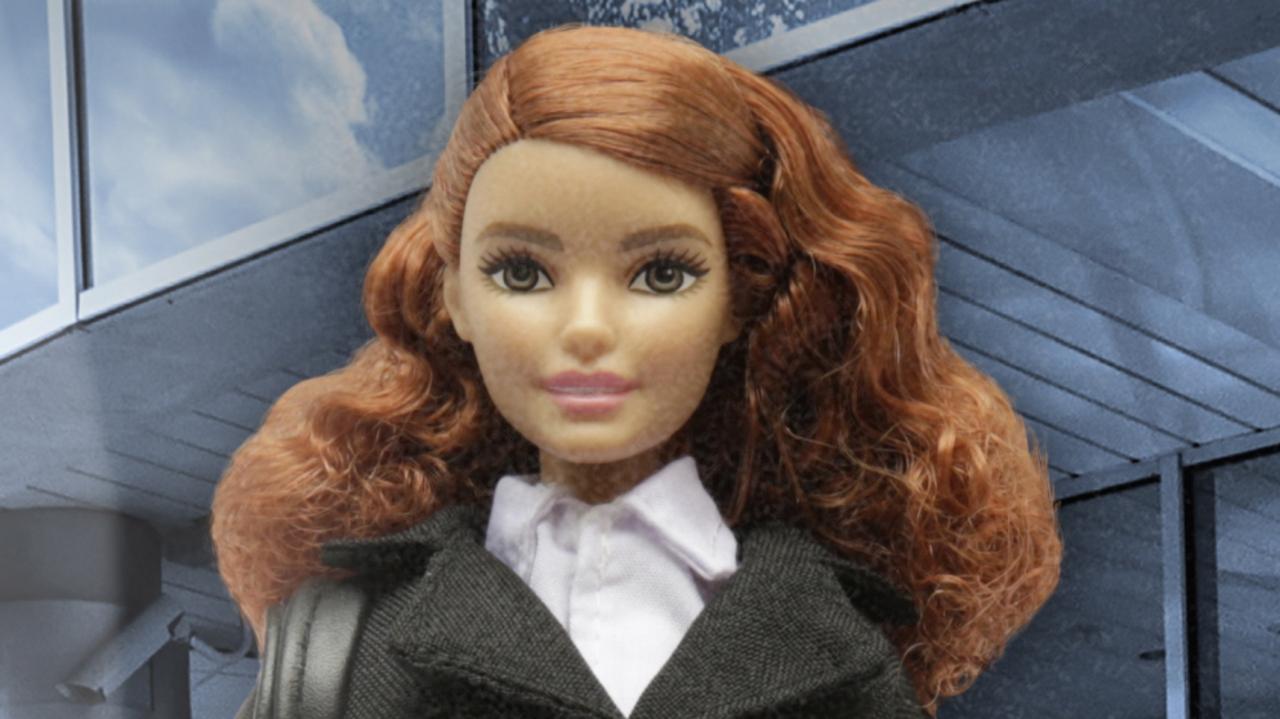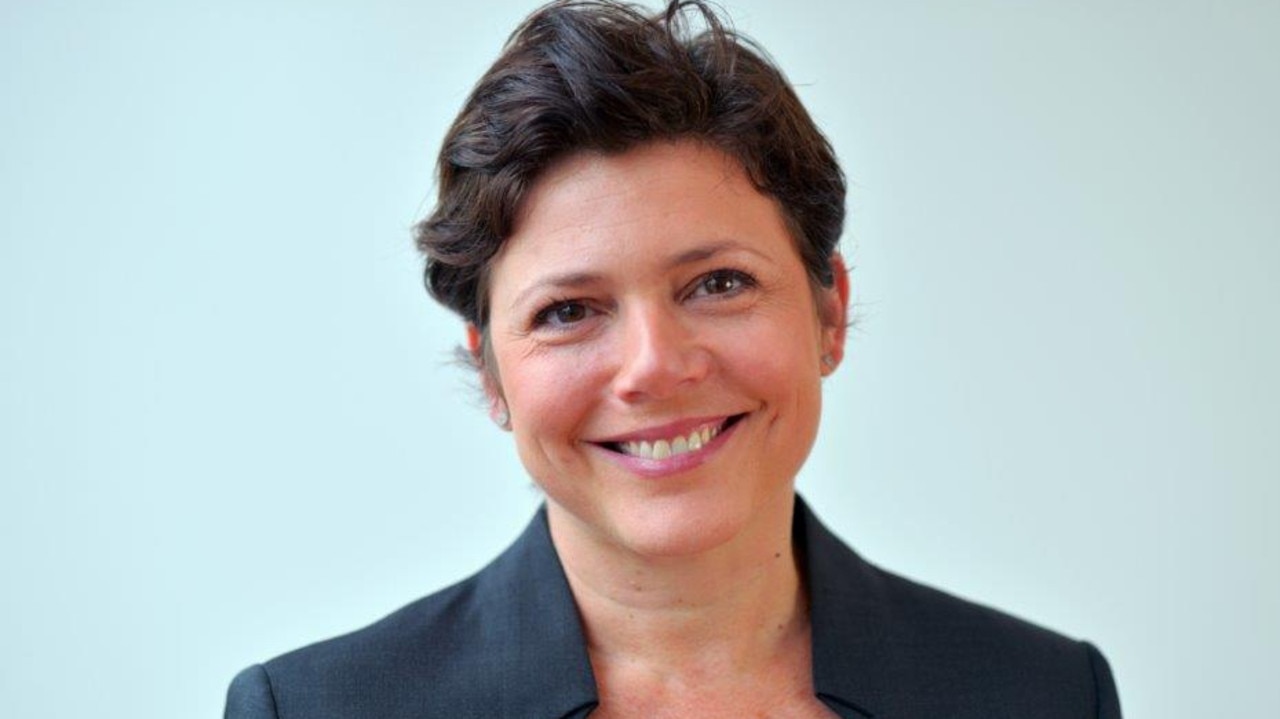Wendy Tuohy: Women still burdened by economic disadvantage
MANY aspects of life have improved for Victorian women but there are still too many suffering from financial insecurity, writes Wendy Tuohy.
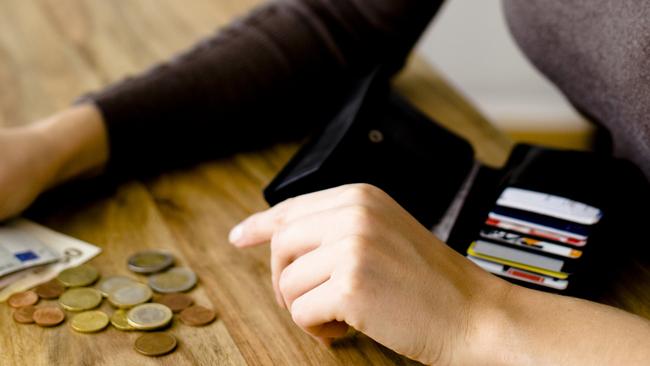
Wendy Tuohy
Don't miss out on the headlines from Wendy Tuohy. Followed categories will be added to My News.
LOOK around and you may think Victorian women have it pretty good. We finally have the same right to play at the highest levels in the sport that is our national obsession and support is massive.
We have plenty of women of influence, including the first female Chief Justice of the Supreme Court, Marilyn Warren, first female Governor of Victoria, Linda Dessau, and a heavy-hitting deputy police chief, Wendy Steendam.
WENDY TUOHY: CAREER ADVICE FOR WOMEN
An unknown mother from Tyabb became Australian of the Year; Rosie Batty’s campaign to put family violence on the national agenda has been so powerful it has become a workplace issue.
Some of our biggest companies hope to have women of merit in half of leadership roles soon. And one of our own holds the influential national role of Sex Discrimination Commissioner. But on International Women’s Day, Kate Jenkins will release a view from the top that confirms what Victorian Minister for Women Fiona Richardson also says: an unacceptable number of women are excluded from the economy, even from day-to-day security.
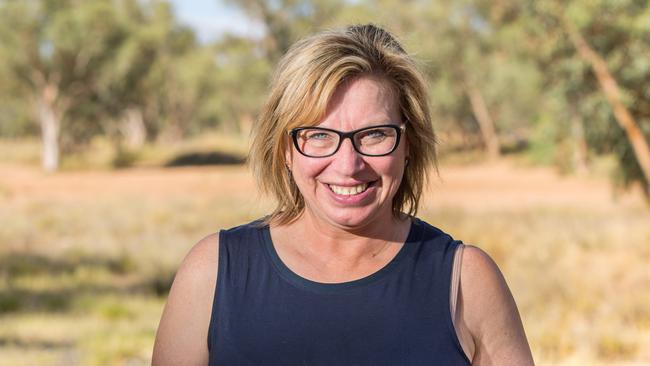
More women, particularly older women, are living in poverty as the long-term impact of lower wages, less stable work, less access to workforce participation and far less superannuation than men bites.
Many can’t make choices for their own health, such as leaving violent relationships, due to financial insecurity — often a result of having left work to be primary child carers, which, as research shows, we still consider primarily a woman’s job.
Economic disadvantage is a key reason women remain in dangerous homes; the human cost of that was shown by a Herald Sun inquiry that revealed the number of women killed by partners in 2016 rose by 91 per cent.
Distractions such as putting “green ladies” at city intersections may turn your head — and make you shake it at the idea that this is what people think is needed to create tangible change — but the fact remains that many women crossing below are second-class economic citizens.
That is denied by those for whom the status quo is comfortable yet highlighted by international bodies such as the World Economic Forum, which found last October that for gender equality, Australia ranked 46th in the world, behind several African nations and New Zealand.
We dropped 10 places from 2015 to 2016, our fall “affected by the updated estimated earned income scale, highlighting the continued existence of a gender gap in income for Australia”.
That was acknowledged by Professor Alan Duncan, director of the Bankwest Curtin Economics Centre Business School, last year as “a permanent feature of the Australian labour market”.
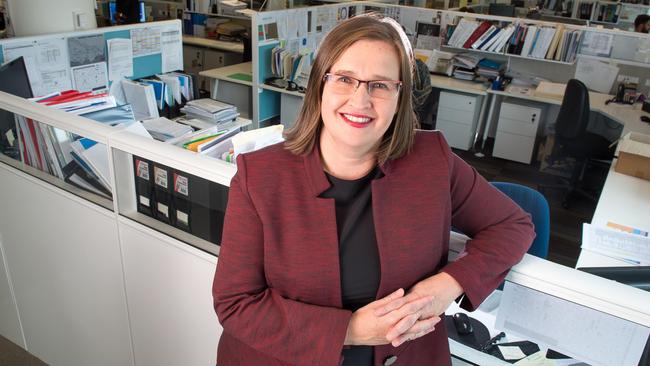
“Gender pay gaps not only challenge the basic notions of fairness, they compromise the current and future economic security of women and represent a lost opportunity in human capital investment and potential,” he said in a 2016 report that found men are paid more than woman “in almost every scenario”.
Data covered four million employees at 12,000 employers.
Kate Jenkins’ Conversation on Gender Equality report will take in comments from 1000 people she met touring every state. It found one in two working mothers experiences pregnancy discrimination at work, “missing out on opportunities and sometimes losing their jobs altogether” and that “progression stalls and workforce participation drops, especially after children”.
If found discrimination against working mothers and also against fathers who are primary carers, so entrenched is the notion that women should stay home whatever the consequences for their or their family’s financial wellbeing.
Inadequate access to affordable childcare often also results in well-qualified women moving into “pink collar” part-time jobs in lower-paid industries, contributing to the fact that women retire with half the savings of men and are 2½ times more likely to live in poverty later.
This is not the kind of issue that can be solved by getting the images of men’s bikes swapped for women’s bikes on our bike paths: it is stuff governments are striving to do, industry is saying it will do ... but in reality is not yet been anywhere near achieved.
It’s all very well for bodies such as the Committee for Melbourne, with its novelty (divisive) crossing lights, or the ABC, with its token gesture to replace on-air men with women for International Women’s Day, to signal they are “down” with equality. But what is heartening is that we have bipartisan support for improving gender equality, as Minister Richardson reiterated at this week’s Honour Role of Victorian Women ceremony.
What’s needed is to make the state a fairer, safer place and end the suffering for older women whose reduced opportunities have led them into poverty. And all of us must be more accountable to make sure change really happens.
Wendy Tuohy is a Herald Sun columnist

